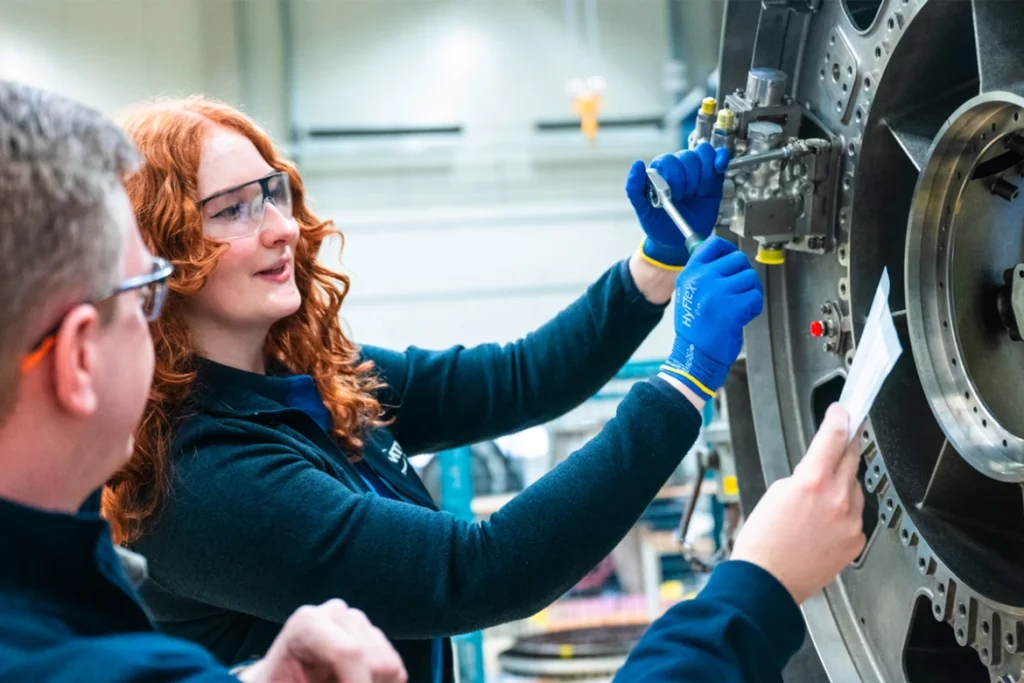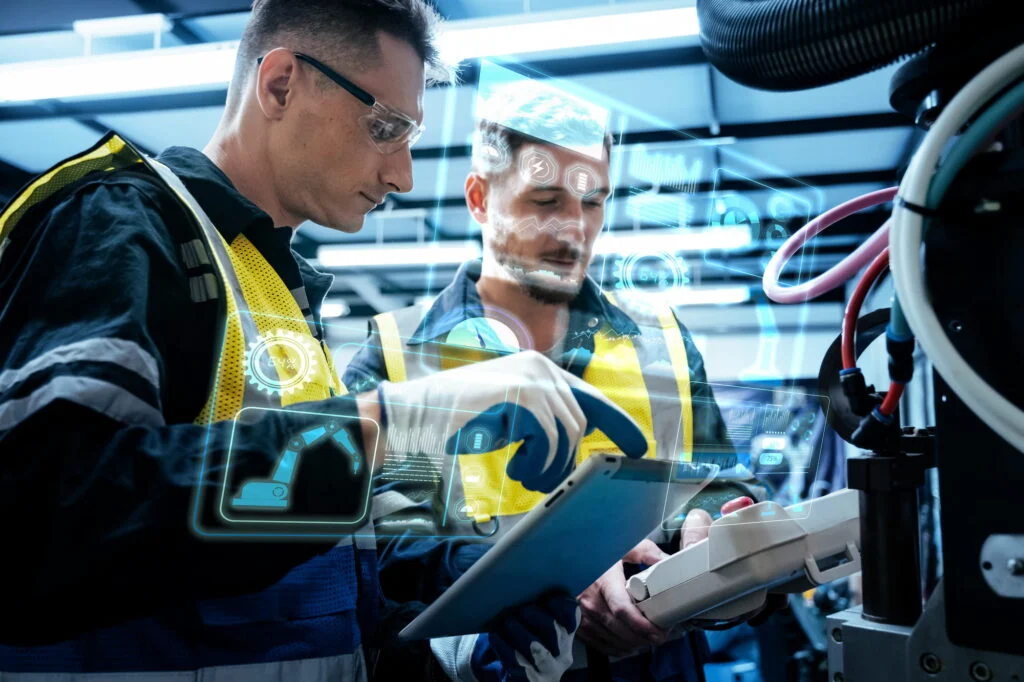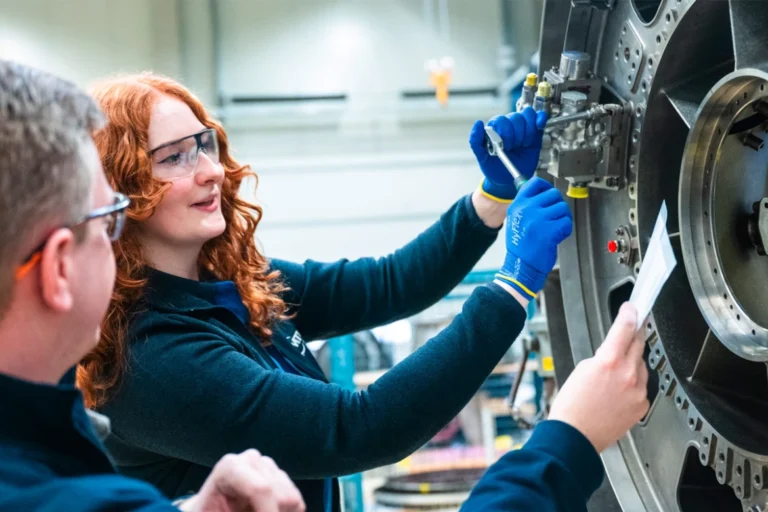
The ultimate guide to maintenance technician training. Learn about essential skills, certification programs, salary expectations, and career advancement opportunities in the maintenance industry.
Introduction to Maintenance Technician Training
Maintenance technicians are the backbone of operational excellence across countless industries, including manufacturing, automotive, facilities management, and construction. Their responsibilities range from routine checks and mechanical repairs to advanced diagnostics and electrical troubleshooting. With the demand for skilled maintenance professionals on the rise, structured training has never been more critical.
What Is Maintenance Technician Training?
Maintenance technician training refers to a combination of technical education, hands-on experience, and industry certifications that prepare individuals to maintain, troubleshoot, and repair complex machinery, equipment, and systems. These programs can be completed through vocational schools, community colleges, online platforms, or company-sponsored apprenticeships.
Why Maintenance Technician Training Matters

The complexity of today’s industrial systems demands a workforce equipped with technical knowledge, safety awareness, and mechanical aptitude. Untrained or undertrained technicians pose a significant risk to workplace safety, productivity, and asset longevity.
Benefits of structured maintenance technician training include:
- Improved equipment uptime
- Reduced workplace accidents
- Higher earning potential
- Faster career advancement
- Enhanced job security
Essential Skills for Maintenance Technicians
A competent maintenance technician requires a broad skill set that spans both mechanical and electrical domains. Below are the critical skills covered in most training programs:
Mechanical Aptitude
Understanding hydraulic systems, pneumatics, bearings, gears, and motors.
Electrical and Electronics Skills
Basic circuit theory, AC/DC systems, PLCs (Programmable Logic Controllers), wiring, sensors, and motor controls.
Preventive and Predictive Maintenance
Learning how to inspect and maintain equipment before failure occurs, using vibration analysis, thermal imaging, and ultrasound tools.
Blueprint and Schematic Reading
Interpreting technical documents and diagrams is essential for repairs and system installations.
Safety and Compliance Training
Mastering OSHA guidelines, lockout/tagout procedures, and workplace safety standards.
Computerized Maintenance Management Systems (CMMS)
Training on digital tools used to manage work orders, inventory, and maintenance schedules.
Types of Maintenance Technician Training Programs
1. Certificate Programs
Short-term programs offered by technical schools or community colleges. These typically range from 3 to 12 months and cover foundational concepts.
2. Associate Degrees in Industrial Maintenance
Two-year programs offering in-depth education in mechanical, electrical, and safety systems. Ideal for those looking to enter supervisory roles in the future.
3. On-the-Job Training and Apprenticeships
Sponsored by employers, these hands-on training programs last between 1 to 4 years and allow trainees to earn while they learn.
4. Online Maintenance Training Courses
Ideal for working professionals. These flexible, self-paced courses cover specific skills like PLC programming, HVAC repair, or electrical troubleshooting.
Top Maintenance Technician Certifications
Certifications validate your expertise and improve employability. The most recognized maintenance certifications include:
Certified Maintenance & Reliability Technician (CMRT)
Offered by the Society for Maintenance & Reliability Professionals (SMRP), this is ideal for mid-level technicians.
HVAC Technician Certification (EPA 608)
Required for anyone working with refrigeration systems.
Electrical Maintenance Certification (NCCER)
Provides electrical-specific training across multiple industries.
OSHA Safety Certifications
Critical for ensuring workplace safety compliance.
Industries Hiring Maintenance Technicians
Maintenance technicians are in high demand across a variety of sectors:
- Manufacturing & Industrial Plants
- Facilities Management
- Automotive & Aerospace
- Oil & Gas
- Construction & Infrastructure
- Food & Beverage Production
Career Growth and Salary Expectations
A career as a maintenance technician offers stable employment, competitive wages, and advancement opportunities. According to the U.S. Bureau of Labor Statistics:
- Entry-Level Technicians: $38,000 – $50,000 annually
- Experienced Technicians: $55,000 – $70,000 annually
- Maintenance Supervisors/Managers: $75,000 – $95,000 annually
With further certifications and experience, technicians can move into roles such as:
- Maintenance Manager
- Reliability Engineer
- Facility Engineer
- Operations Supervisor
Key Focus Areas in Training Programs
Electrical Maintenance
Covers circuit theory, wiring, electrical panels, and motor controls.
Mechanical Maintenance
Focuses on pumps, gearboxes, belts, bearings, and mechanical troubleshooting.

Hydraulic and Pneumatic Systems
Understanding fluid mechanics and pressure systems for industrial equipment.
Instrumentation and Controls
Includes sensors, feedback loops, and programmable logic controllers.
HVAC Systems
Specialized training in heating, ventilation, and air conditioning systems.
Choosing the Right Maintenance Technician Training Program
When evaluating training programs, consider the following:
- Accreditation and industry recognition
- Hands-on lab availability
- Certification options
- Graduate placement rates
- Flexible scheduling for working professionals
- Online vs. in-person training options
Frequently Asked Questions (FAQs)
What qualifications do I need to become a maintenance technician?
Most employers require a high school diploma or GED, followed by completion of a certificate or associate program in industrial maintenance or a related field.
Is maintenance technician a good career?
Yes, it offers job security, consistent demand, and opportunities for advancement, especially for those with specialized certifications.
How long does it take to complete maintenance technician training?
Depending on the program, training can range from 3 months (certificate) to 2 years (associate degree) or longer for apprenticeships.
Do maintenance technicians need a license?
It depends on the specialty. HVAC technicians, for example, need EPA certification, and electrical work may require state licensing.
Can I learn maintenance technician skills online?
Yes, many platforms offer online courses in PLCs, HVAC, electrical systems, and safety, though hands-on practice is still recommended.
Conclusion
Investing in maintenance technician training is the first step toward a stable, rewarding, and high-growth career in a variety of industries. With the right skills, certifications, and experience, technicians can climb the ladder to supervisory and management positions. Whether you’re just starting or looking to upgrade your current role, structured training is the key to long-term success in this dynamic field.


